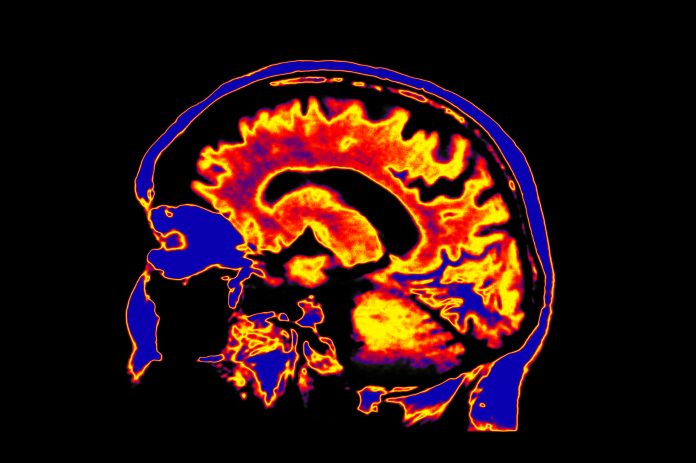Scientists at the University of Tsukuba reveal that brain refreshing takes place during the dreaming phase of sleep, aka rapid eye movement (REM) sleep
In the world of sleep, there is one fundamental question. Why do all animals sleep?
When animals sleep, they face significant disadvantages to survival, due to being unconscious. For a long time, scientists have investigated why sleep is still a biological necessity.
At the University of Tsukuba, Japan, a team have revealed new evidence about the biology of sleep. They say that during REM sleep, brain refreshing takes place.
“We were surprised by the results” said senior author
“We used a dye to make the brain blood vessels visible under fluorescent light, using a technique known as two-photon microscopy,” said senior author of the study Professor Yu Hayashi.
“In this way, we could directly observe the red blood cells in capillaries of the neocortex in non-anesthetized mice.”
Essentially, the team visualised the movement of red blood cells in brain capillaries – where nutrients and waste products are exchanged between brain cells and blood. They could then pinpoint when the brain refreshing happened.
“We were surprised by the results,” said Professor Hayashi.
“There was a massive flow of red blood cells through the brain capillaries during REM sleep, but no difference between non-REM sleep and the awake state, showing that REM sleep is a unique state.”
How did the team know that REM was important?
They then interrupted the mice’s sleep, to see what phase of sleep would follow.
The mice, disturbed and then drifting back to sleep, went straight into a “rebound” REM sleep to compensate for the earlier disruption. Blood flow in the brain was even more strong during this rebound REM sleep, meaning that there is a connection between blood flow and REM sleep strength.
Essentially, REM sleep gives the mice the chance to dispose of waste products from the brain. Their biology will make it happen, even if it interrupted – that’s how crucial it appears to be.
However, when the researchers repeated the same experiments in mice without adenosine A2a receptors (the receptors whose blockade makes you feel more awake after drinking coffee), there was less of an increase in blood flow during REM sleep, even during rebound REM sleep.
The results could help scientists to lay groundwork for Alzheimer’s treatments, as that condition involves build-up of waste products in the brain.











